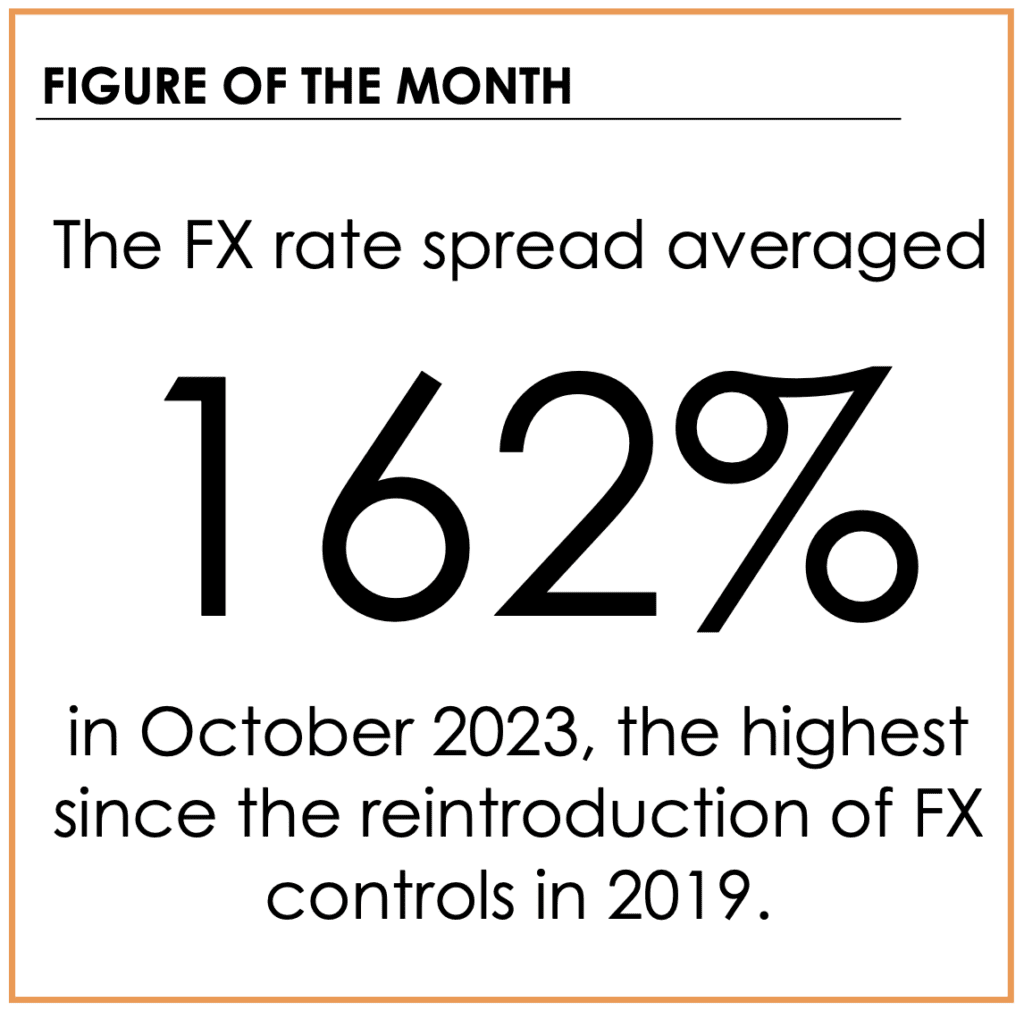Econviews
EconViews, is a consultant firm focused on economic and financial topics. Our core research (and clients) is centered in Argentina but we have vast experience in the analysis of emerging economies, especially of Latin America, which allow us to understand a country's performance under a regional perspective.
We publish weekly, monthly and quarterly reports (in Spanish and in English) detailing in a systematic and organized way the main risks and opportunities that the Argentine economy presents, emphasizing on the most relevant variables such as growth, inflation, exchange rate, interest rates, debt, for which we also make forecasts on a continuous basis.
We also give presentations and conference calls where, besides commenting on Argentina, we analyze the global scenario and Recent Developments top themes.




